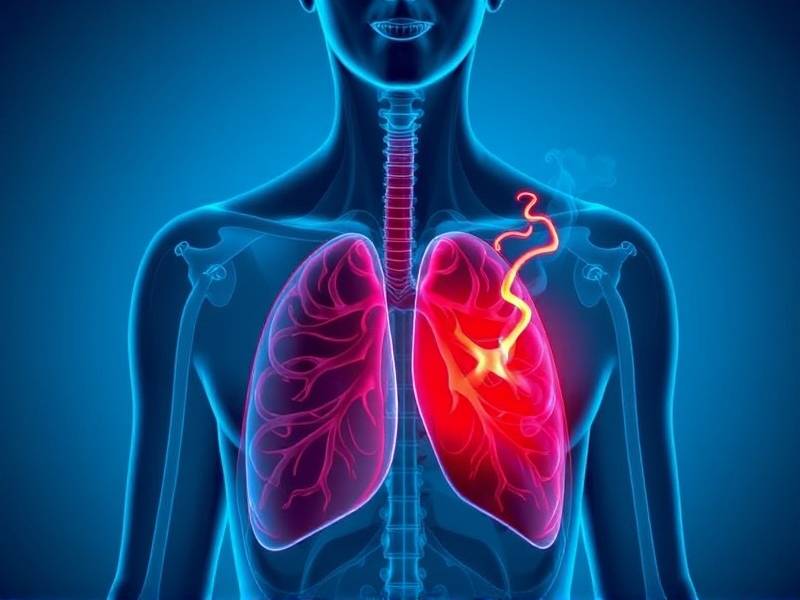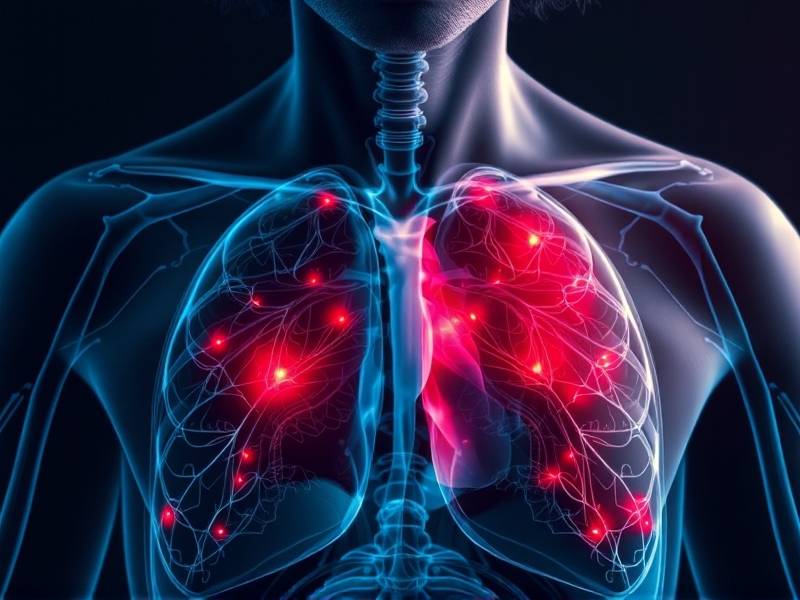Will My Chest Hurt When I Quit Smoking?
Navigating the Challenge: Will My Chest Hurt When I Quit Smoking?
Introduction: Quitting smoking is a significant step towards a healthier lifestyle. However, many smokers worry about the potential discomfort they may face during the withdrawal process. One common concern is whether quitting smoking will lead to chest pain. In this article, we will explore this question and provide insights based on scientific research and expert opinions.
Understanding Chest Pain in Smokers: Chest pain can be a concern for smokers, especially those who have been smoking for an extended period. The primary cause of chest pain in smokers is the damage caused by nicotine and other harmful chemicals present in cigarettes.

-
The Role of Nicotine: Nicotine is a highly addictive substance that affects the nervous system. When you quit smoking, your body undergoes withdrawal symptoms, including changes in heart rate and blood pressure. These changes can sometimes trigger chest pain.
-
Lung Conditions: Long-term smoking can lead to lung conditions such as chronic obstructive pulmonary disease (COPD) or emphysema. Quitting smoking can help improve lung function over time, but it may also cause temporary discomfort or pain as your body heals.
-
Heart Health: Smoking increases the risk of heart disease and can damage the lining of arteries, leading to reduced blood flow. Quitting smoking can help improve heart health, but it may also result in temporary chest discomfort due to changes in blood flow.
Will My Chest Hurt When I Quit Smoking?
The answer to this question is not straightforward as it depends on various factors:
-
Individual Differences: Every individual's response to quitting smoking is unique. While some people may experience chest pain or discomfort during withdrawal, others may not.
-
Severity of Smoking Habit: The duration and intensity of your smoking habit play a role in determining the likelihood of experiencing chest pain upon quitting.
-
Existing Health Conditions: Individuals with pre-existing lung or heart conditions may be more prone to experiencing chest pain when they quit smoking.
-
Withdrawal Symptoms: Withdrawal symptoms such as anxiety, irritability, and restlessness can sometimes manifest as physical symptoms like chest pain.
How to Manage Chest Pain When Quitting Smoking:
If you experience chest pain while quitting smoking, here are some tips to help manage it:
-
Seek Medical Advice: If you experience severe or persistent chest pain, it's crucial to consult a healthcare professional for an accurate diagnosis and appropriate treatment.
-
Gradual Reduction: Consider gradually reducing your cigarette intake rather than quitting abruptly to minimize withdrawal symptoms and potential chest pain.
-
Alternative Therapies: Alternative therapies like acupuncture or hypnotherapy have been reported to help alleviate withdrawal symptoms and reduce anxiety associated with quitting smoking.

-
Stay Hydrated and Exercise Regularly: Drinking plenty of water and engaging in regular exercise can help improve overall health and potentially alleviate chest discomfort during withdrawal.
Conclusion:
Quitting smoking is a challenging process that requires patience and determination. While some individuals may experience chest pain when they quit, it is essential to remember that these symptoms are usually temporary and subsiding as your body heals from years of tobacco exposure.
By understanding the causes of chest pain during withdrawal and implementing effective strategies for managing discomfort, you can increase your chances of successfully quitting smoking without unnecessary worry about long-term health consequences.
